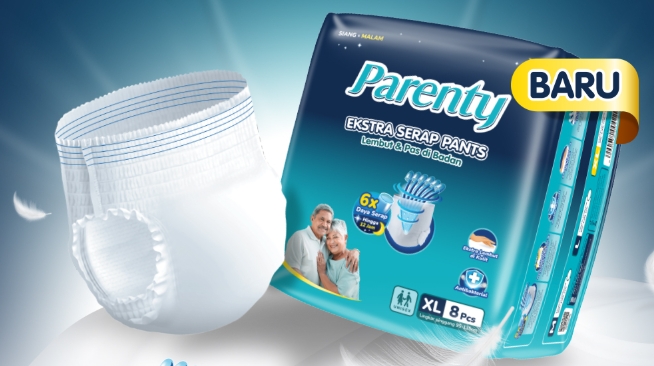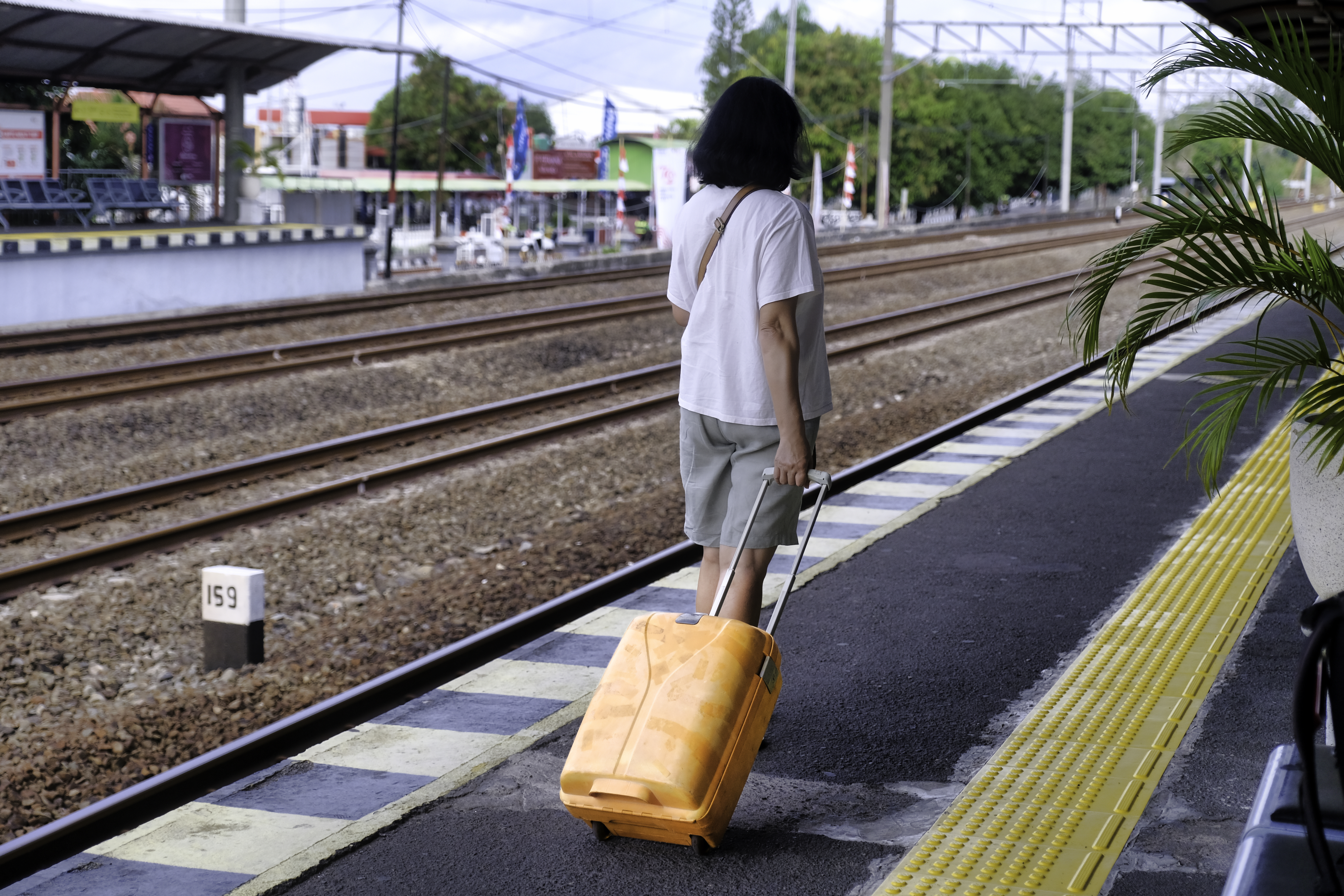When it comes to older people, we often hear the terms “elderly” and “seniors”. But do they mean the same thing? I used to think so too, until I discovered that there is a fundamental difference between the two.
Etymologically, “elderly” is short for “aged,” while “seniors” stands for “people of advanced age.” Although similar in appearance, the usage of these two terms has different nuances. The term “elderly” is more commonly used in the health and social sphere, while “seniors” is more general and is often used in administrative or formal contexts.
According to the World Health Organization (WHO), a person is categorized as elderly if they are 60 years old or above. Meanwhile, in many government documents in Indonesia, the term “seniors” appears more often in policies related to social welfare.
Physical and Mental Characteristics
When a person enters the elderly or seniors phase, physical and mental changes are inevitable. I see this happening to my own parents. Their hair starts to turn white, their skin becomes more wrinkled, and their energy is not as strong as it used to be. But more than that, there are deeper changes.
- Physically, the elderly tend to experience:
- Decreased muscle mass and strength
- Impaired balance that increases the risk of falls
- Decreased vision and hearing function
- Skin becomes thinner and more prone to injury
On the mental side, some elderly people experience memory loss and even the risk of developing dementia or Alzheimer's disease. According to a study from the Alzheimer's Association, about 10% of people over the age of 65 have Alzheimer's, and this number increases with age.
However, not all elderly people experience significant cognitive decline. Many remain active and productive, especially if supported by a healthy lifestyle.
Health and Quality of Life
Maintaining quality of life in old age is not just about avoiding illness. I often hear stories from friends who have elderly parents, that maintaining their mental health is just as important as physical health.
Here are some ways to improve the health and quality of life of the elderly:
- Balanced Nutrition: A diet rich in fiber, vitamins and protein is essential.
- Physical Activity: Moderate exercise such as morning walks or yoga can help maintain fitness.
- Socialization: Interacting with family and friends can reduce the risk of depression.
- Supporting Products: Using products that suit the needs of the elderly, such as Parenty adult pants diapers, helps them stay comfortable and confident in their daily activities.
I remember when my grandfather started experiencing incontinence, he was embarrassed and reluctant to leave the house. After using comfortable adult diapers, he was able to return to his activities without worry.
Intervention and Support
As children or grandchildren, we have a big role to play in supporting the elderly around us. There are many ways we can do this, from giving them attention, providing for their needs, to ensuring they have access to adequate health services.
The Indonesian government has implemented several policies to improve the welfare of the elderly, such as free health services through BPJS and various other social programs.
Not only that, many non-governmental organizations are active in providing support, such as Alzheimer Indonesia, which helps families in caring for elderly people with dementia.
For those of us who have elderly parents or relatives, we can start with simple steps:
- Inviting them to talk and listen to their stories
- Accompanying them with light physical activities
- Ensuring their basic needs are met, including comfort in activities with products like Parenty that can improve their quality of life.
Ultimately, both “elderly” and “seniors” refer to those who have entered old age. The difference between the two is more in the usage of the terms, not in their essential meaning. What matters most is how we can provide the care and support they need.
I believe that every elderly person deserves a comfortable, healthy and happy life. And it can all start from the little attention we give them every day. So, let's care more about the elderly around us!









